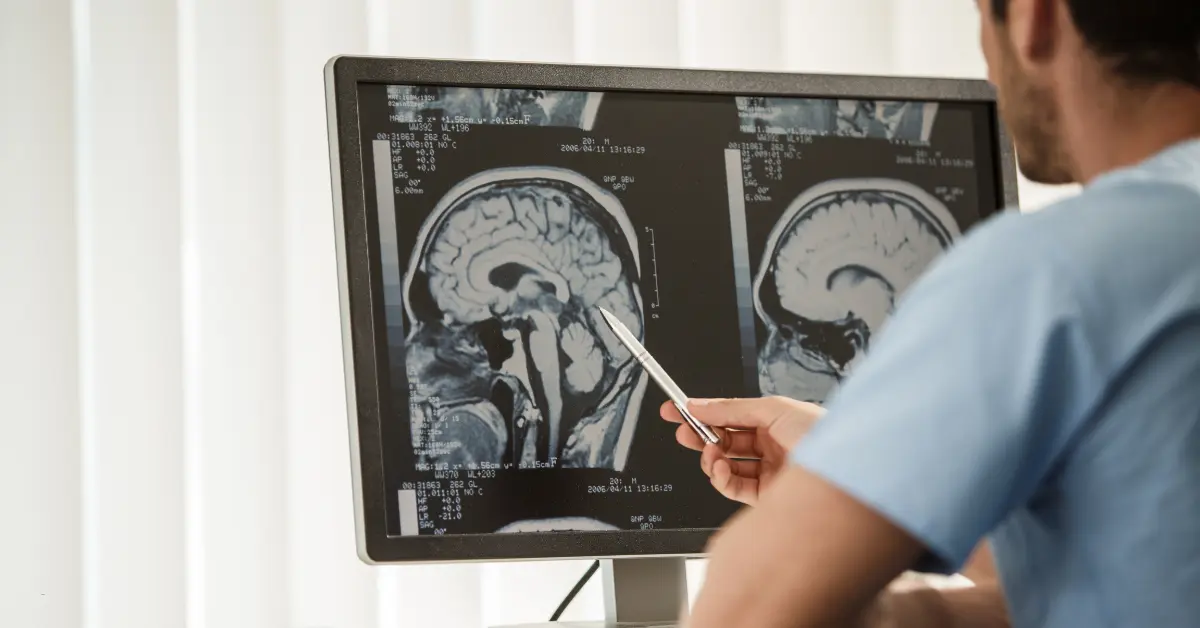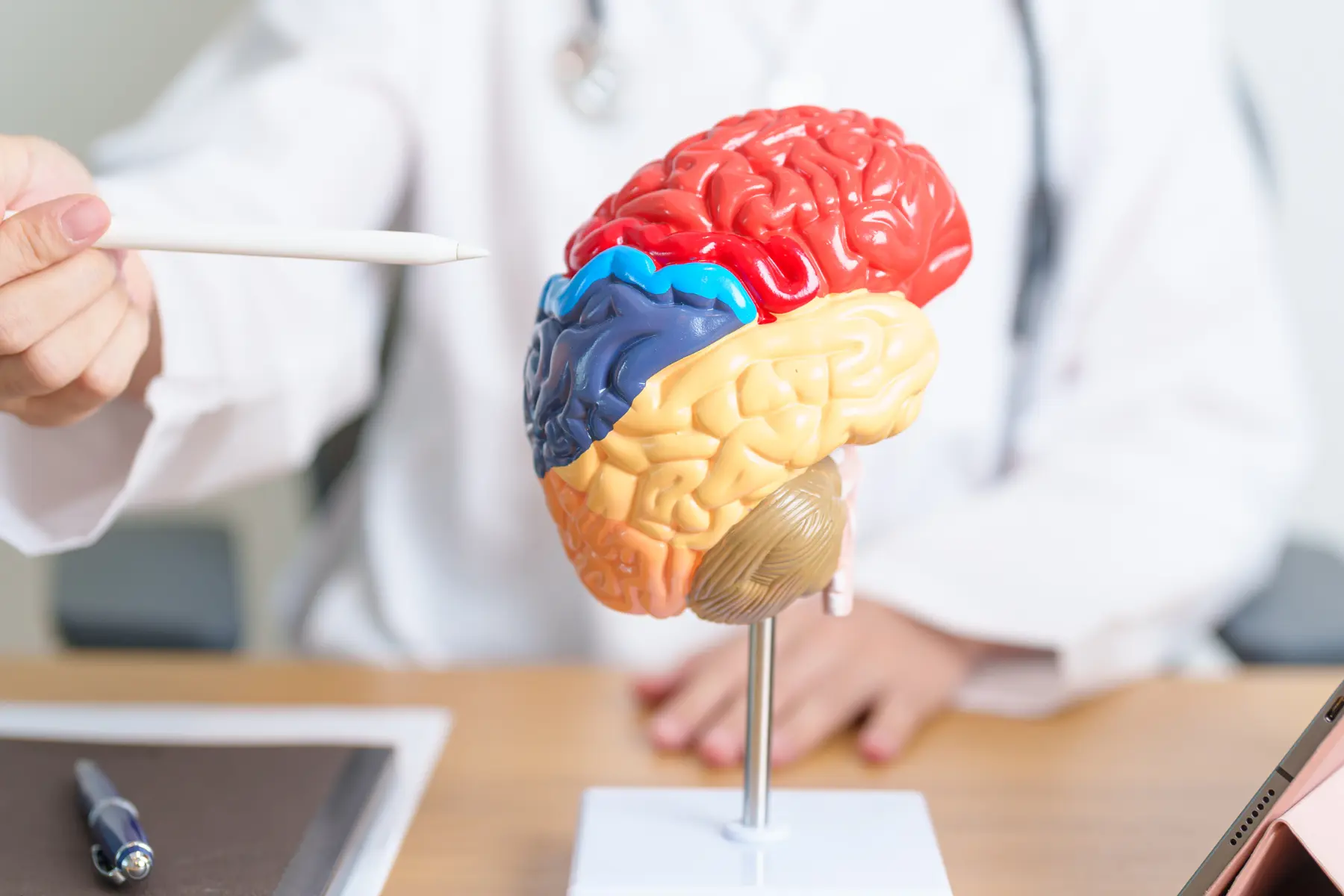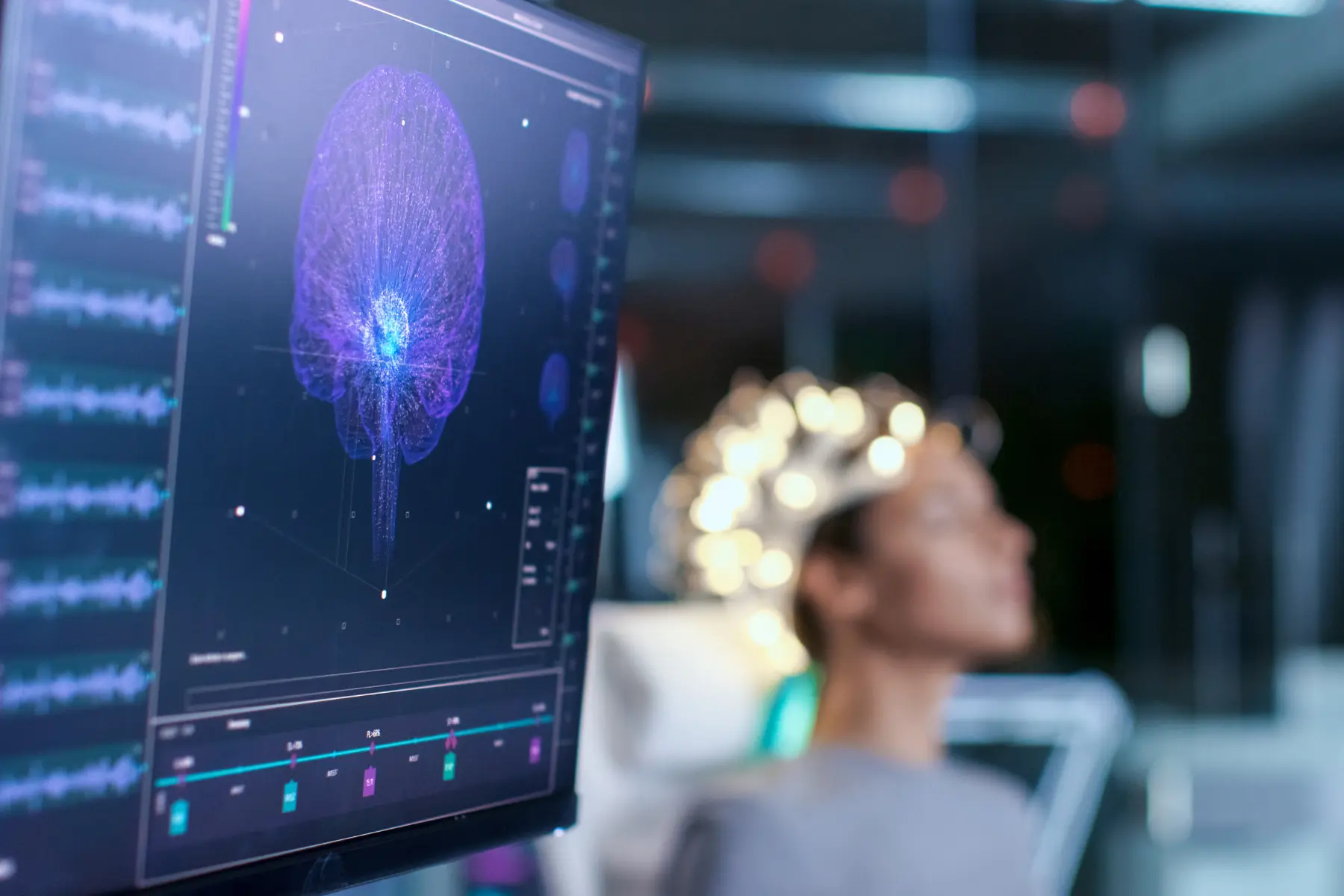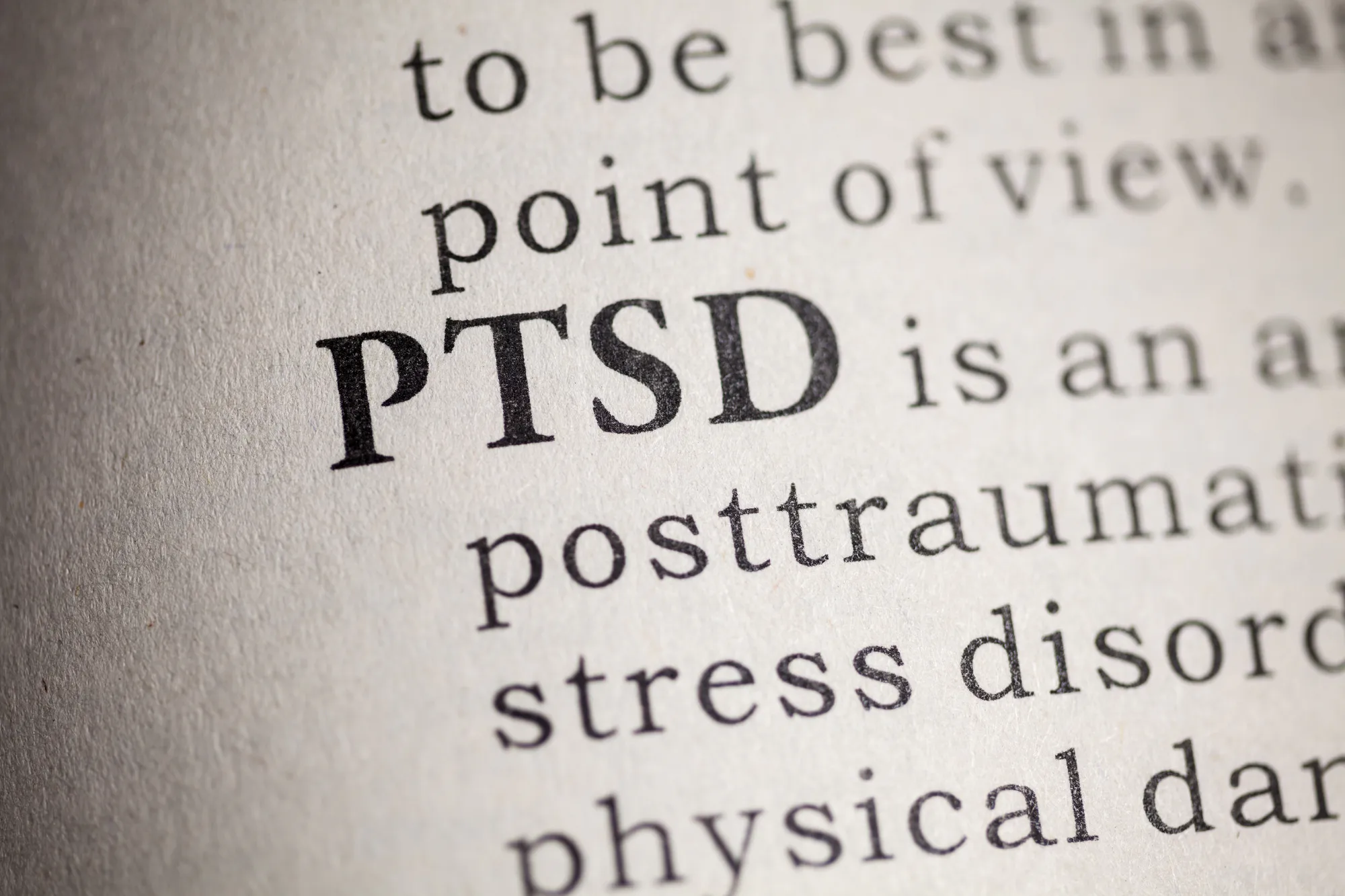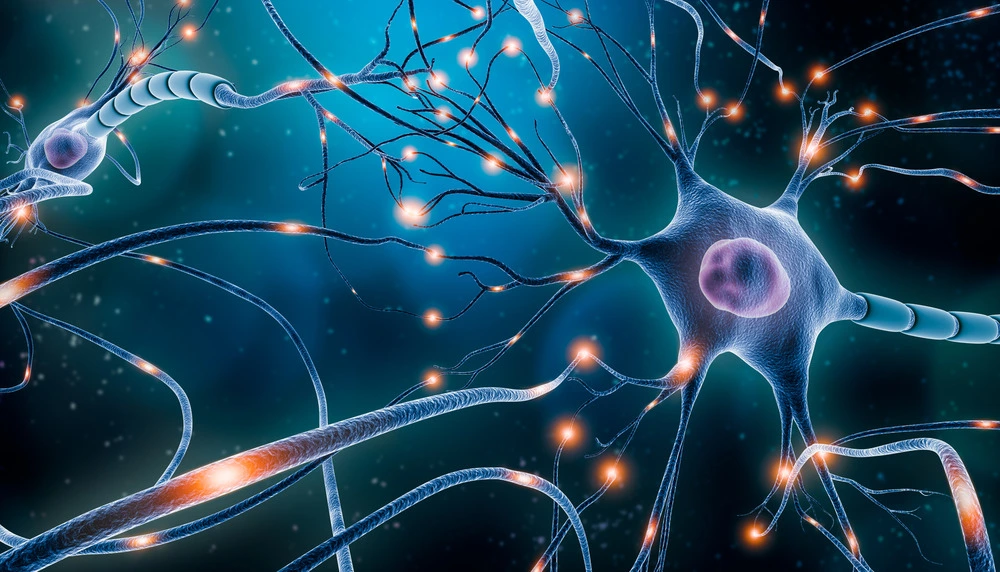Transcranial Magnetic Stimulation (TMS) is a non-invasive medical treatment that uses magnetic fields to stimulate nerve cells in the brain. It is primarily used for treating TMS therapy for depression but is also effective for other conditions. The procedure involves placing a magnetic coil against the scalp near the forehead. This coil generates brief magnetic pulses, which pass through the skull and induce small electrical currents that stimulate brain cells.
Mental Health Benefits of TMS Therapy
Reducing Depressive Symptoms
One of the most significant impacts of TMS is its ability to reduce symptoms of severe depression. Patients undergoing TMS treatment for depression often experience a noticeable improvement in mood, energy levels, and motivation. The targeted magnetic pulses help to reactivate areas of the brain responsible for mood regulation, providing relief that is sometimes not achievable with medication alone.
Alleviating Anxiety Symptoms
It has shown promise in TMS therapy for anxiety, particularly by modulating the activity in parts of the brain associated with anxiety and fear responses. Patients report a decrease in anxiety levels, with improvements in relaxation and a reduction in the physical symptoms of anxiety, such as palpitations and restlessness.
Normalizing Brain Activity
The TMS therapy benefits for depression extend to normalizing brain activity in patients. This restoration is crucial for patients whose brain activity patterns have deviated from typical functional levels, contributing to symptoms of mental health disorders. The cognitive benefits of TMS therapy also include the enhancement of neural connectivity. Improved connectivity can lead to better cognitive functions such as memory, focus, and decision-making. Enhanced brain network interactions are particularly beneficial for patients who experience cognitive deficits as a part of their mental health conditions.
Long-Term Benefits of TMS Therapy
Sustained Relief from Depression
Unlike traditional treatments that might require ongoing adjustments, TMS can offer durable effects that maintain a patient’s improved mood state over extended periods. For those who have previously experienced recurring depressive episodes, this stability is essential since it offers a more dependable and long-lasting approach to controlling their illness.
Enhanced Quality of Life
TMS therapy has a profound impact on the quality of life for patients, extending well beyond the cessation of acute symptoms. The overall enhancement of mental health facilitates a richer, more fulfilling personal and professional life. Here’s how TMS therapy specifically enhances the quality of life:
- Improved Emotional Stability: It significantly stabilizes a patient’s emotional responses. By moderating the brain’s neural activity, it lessens the frequency and severity of mood swings. This stability helps individuals manage emotional upheavals better, making day-to-day emotional responses more predictable and less intense. Patients often report a general sense of well-being, which is crucial for maintaining mental health stability long-term.
- Increased Productivity: One of the most notable benefits of TMS therapy is productivity improvement. As the depressive and anxiety symptoms alleviate, patients find a renewed ability to focus and engage in tasks. This increased cognitive function translates to enhanced performance in professional settings and daily life. Improved concentration and a clear mind contribute to achieving goals and meeting responsibilities more efficiently, which is pivotal in fostering a sense of accomplishment and self-worth.
- Enhanced Social Interactions: TMS therapy improves overall mental health, which in turn boosts confidence in social situations. Patients often feel more equipped to interact and communicate with others, leading to better personal and professional relationships. Feeling more connected and less isolated is vital for emotional health, as robust social networks provide support and enrich one’s life experiences. This improvement is particularly beneficial for those who may have withdrawn from social circles due to their mental health issues.
- Greater Independence: The reduction in depressive and anxiety symptoms through TMS therapy often empowers patients to take back control of their lives. This regained autonomy allows individuals to manage daily activities and personal responsibilities without the overwhelming influence of their symptoms. As a result, they experience an increase in self-sufficiency and independence, key components of a satisfying and autonomous life.
- Renewed Interest in Hobbies and Activities: An improvement in mental health often reignites interest in personal hobbies and activities. This renewal is crucial as engaging in enjoyable activities plays a therapeutic role in recovery. It provides an outlet for creativity and stress relief, which enhances overall life satisfaction. Patients find themselves returning to pastimes they love, which helps in rebuilding a positive and active lifestyle.
The implications of TMS therapy for enhancing quality of life are profound and far-reaching. Its ability to effectively treat symptoms and improve various aspects of daily living supports not only the recovery process but also contributes to a more vibrant and fulfilling life.
Benefits of Brain Stimulation Therapy
Minimal Systemic Side Effects
A significant advantage of using TMS as a form of brain stimulation therapy is the minimal systemic side effects it presents. Traditional pharmacological treatments often come with a range of potential side effects impacting various body systems. In contrast, TMS is localized to the brain and does not involve circulating medications throughout the body, thus offering a safer option with fewer general health risks.
Safety and Efficacy of TMS Therapy
Recognized for both its safety and efficacy, TMS has been validated through numerous clinical trials and extensive research. This treatment is FDA-approved and has a well-documented track record of helping patients with various psychiatric and neurological conditions. The non-systemic nature of TMS contributes to its high safety profile, making it a preferred choice for patients and clinicians alike.
Other Brain Stimulation Therapies
TMS distinguishes itself in the realm of brain stimulation therapies through several unique advantages when compared with methods such as Electroconvulsive Therapy (ECT) and Deep Brain Stimulation (DBS). ECT, known for its profound therapeutic effects in severe cases of depression, utilizes electrical currents to induce seizures under general anesthesia, leading to concerns about potential memory loss and cognitive deficits. Unlike ECT, TMS involves the targeted use of magnetic pulses to stimulate specific parts of the brain involved in mood regulation without inducing seizures or requiring sedation, therefore mitigating the risk of cognitive side effects. Deep Brain Stimulation (DBS), another advanced therapy, involves surgical implantation of electrodes in the brain, connected to a battery-operated neurostimulator implanted in the chest. DBS is typically reserved for severe, treatment-resistant cases due to its invasive nature and the risks associated with surgery and long-term implantation. TMS also offers various advantages that contribute to its popularity and acceptance as a safe and convenient treatment option:
- Awake and Alert: The ability to stay awake and alert not only alleviates concerns about the side effects commonly associated with anesthesia, such as nausea or prolonged drowsiness but also instills a greater sense of control and comfort among patients during the treatment process. This is especially important for individuals who prefer to maintain a sense of normalcy and autonomy during their treatment.
- Quick Sessions: TMS therapy sessions are notably brief, typically ranging from 30 to 60 minutes. The efficiency of these sessions makes TMS an attractive option for busy individuals who may find longer treatment sessions impractical.
By allowing individuals to undergo treatment without significant interruptions to their daily lives and with minimal discomfort, TMS has become a favored option in the landscape of therapeutic interventions for mental health.
Transcranial Magnetic Stimulation Advantages
Non-Invasive Nature of TMS
The non-invasive nature of TMS therapy is a significant advantage, setting it apart from many other treatment options for mental health disorders. This method does not require any surgical interventions, which minimizes the risk associated with invasive procedures and reduces the overall stress for patients. Being non-invasive also helps in quick recovery and less downtime, enabling patients to continue their daily activities with minimal interruption.
No Need for Anesthesia
TMS therapy benefits for anxiety and requires no anesthesia, which is particularly beneficial for patients who are sensitive to anesthetics or have health conditions that complicate the use of anesthesia. Here are several reasons why avoiding anesthesia is beneficial:
- Lower Health Risks: One of the most significant benefits of TMS therapy not requiring anesthesia is the reduced health risks. Anesthesia, while generally safe, can lead to complications such as allergic reactions, cardiovascular issues, and respiratory problems. By eliminating the need for anesthesia, TMS therapy minimizes these risks, making it a safer option for patients who are particularly vulnerable to complications.
- No Recovery Time Needed: Another advantage of not using anesthesia in TMS therapy is that there is no recovery time associated with post-anesthesia grogginess or disorientation. Patients can leave the treatment session feeling alert and capable of immediately resuming their daily activities, including driving and working, which is not always possible with procedures requiring anesthesia. Those who have to stick to a strict schedule may find this feature particularly appealing.
- Accessibility for More Patients: The avoidance of anesthesia makes TMS therapy accessible to a broader range of patients, including those with complex health issues that make anesthesia risky. This expands the potential user base of TMS, providing a viable treatment option for patients who are otherwise limited in their choices due to the inherent risks associated with anesthesia.
- Less Medical Supervision Required: Since TMS does not involve anesthesia, it requires less medical supervision during the procedure, which can simplify the logistics of treatment. This reduction in necessary medical oversight also contributes to lowering the overall healthcare costs associated with the therapy. Facilities can offer TMS without the extensive setup and staffing required for procedures involving anesthesia, further enhancing its practicality and affordability.
The absence of anesthesia in TMS therapy not only enhances its safety profile but also its convenience and accessibility, making it an attractive option for many patients. These aspects help to streamline the treatment process and reduce the burden on both healthcare systems and patients.
Resumption of Daily Activities
Patients appreciate the ability to quickly resume daily activities post-TMS treatment, which plays a crucial role in their overall treatment experience and satisfaction. This seamless integration of treatment into patients’ regular schedules avoids the disruption often associated with more invasive mental health treatments, supporting continuous personal and professional life engagement without significant interruptions.
Magnetic Treatment for Depression
Other Treatment Modalities
Pharmacotherapy, which involves the use of antidepressants, is typically the first line of treatment for depression. However, the use of medications can often be associated with a range of side effects including weight gain, insomnia, and sexual dysfunction, which can significantly impact the quality of life and patient adherence to treatment. Additionally, antidepressants usually require several weeks to several months to exhibit their full therapeutic effects, during which patients may continue to experience depressive symptoms.
Psychotherapy, another cornerstone of traditional depression treatment, involves various therapeutic approaches such as cognitive-behavioral therapy (CBT) and interpersonal therapy (IPT). While highly effective for many individuals, these treatments require a substantial time commitment and active participation from the patient, which can be a barrier for those with severe depression or those who might find it difficult to engage due to the nature of their symptoms. The strategic advantages of TMS extend into its integration with other treatment approaches, offering a multi-faceted therapeutic model that can be tailored to individual needs.
For those struggling with treatment-resistant mental health conditions, brain stimulation therapy for depression represents a promising alternative. Its non-invasive nature and the minimal downtime associated with each session make it an accessible treatment for many. Individuals who have not found success with traditional medications or therapies are encouraged to consult with their healthcare provider about the possibility of integrating TMS into their treatment plans. This could potentially open the door to significant improvements in their mental health and quality of life.




